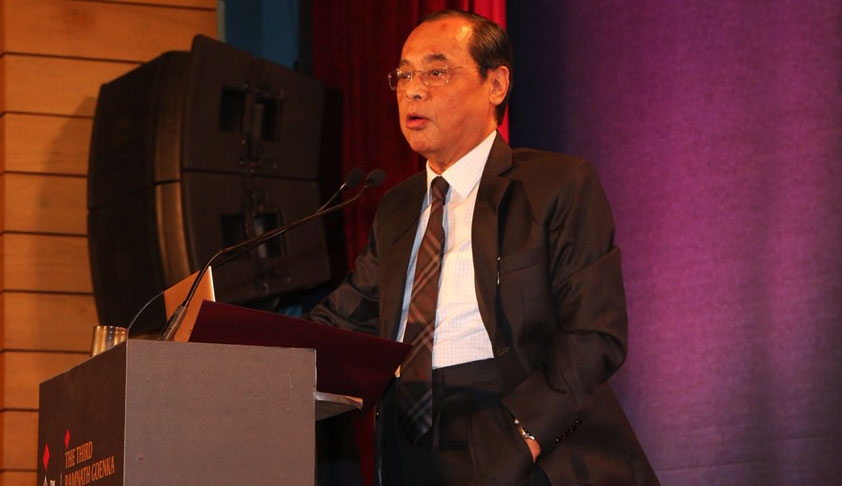Don’t Need Fixed Tenure For CJIs, But A Consistent Judicial Policy: Justice Ranjan Gogoi
Apoorva Mandhani
30 July 2018 11:11 AM IST

Next Story
30 July 2018 11:11 AM IST
The senior-most puisne judge in the Supreme Court, Justice Ranjan Gogoi on Saturday rejected the suggestion for a fixed tenure for the Chief Justice of India, and asserted that instead, India needs a consistent judicial policy.Justice Gogoi’s reaction came as a response to the suggestion of a fixed tenure for the CJIs by Prof. N.R. Madhava Menon, former Vice Chancellor of National Law...
